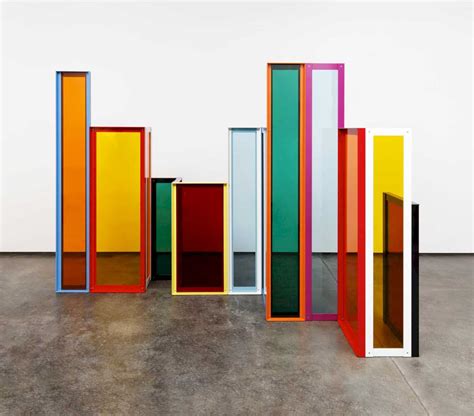A Quote by Douglas Sirk
In the 19th century, you had bourgeois art without politics - an almost frozen idea of what beauty is.
Related Quotes
People think that the art market is about opportunists and hedge-fund managers getting broken art, but what really happened is that there was a new configuration of bourgeois values in the U.S. and an acceptance among the bourgeoisie of contemporary art as an idea. I think that bourgeois people are horrible.
I was really interested in 20th century communalism and alternative communities, the boom of communes in the 60s and 70s. That led me back to the 19th century. I was shocked to find what I would describe as far more utopian ideas in the 19th century than in the 20th century. Not only were the ideas so extreme, but surprising people were adopting them.
People have asked me about the 19th century and how I knew so much about it. And the fact is I really grew up in the 19th century, because North Carolina in the 1950s, the early years of my childhood, was exactly synchronous with North Carolina in the 1850s. And I used every scrap of knowledge that I had.
Perhaps dirt is the necessary condition of beauty.... Perhaps hygiene and art can never be bedfellows. No Verdi, after all, without spitting into trumpets. No Duse without a crowd of malodorous bourgeois giving one another their coryzas. And think of the inexpugnable retreats for microbes prepared by Michelangelo in the curls of Moses' beard!






































